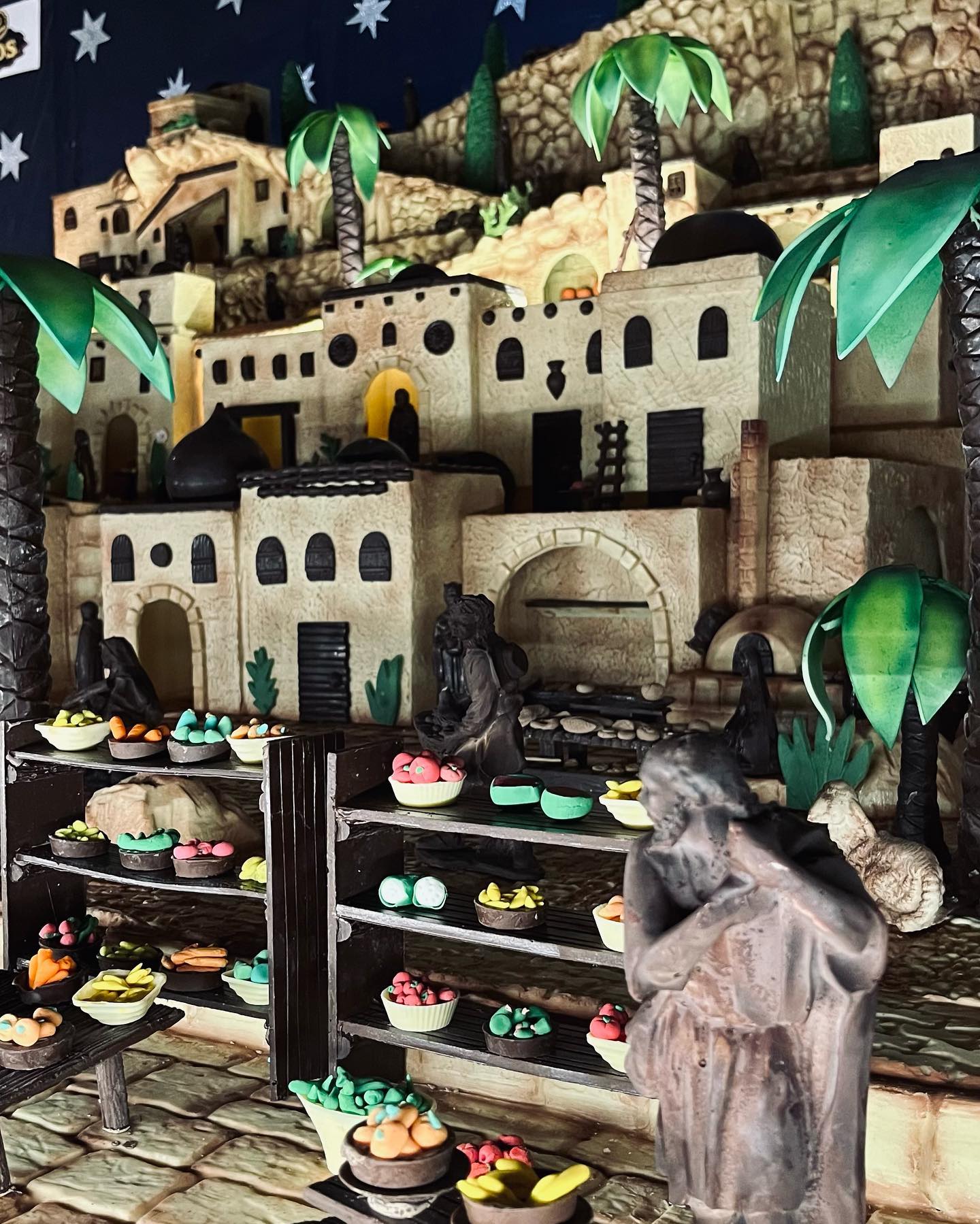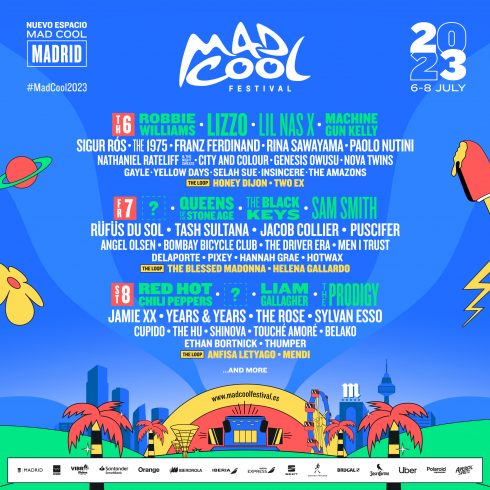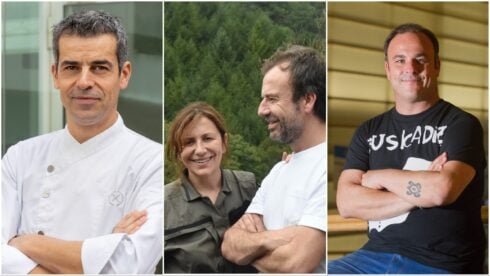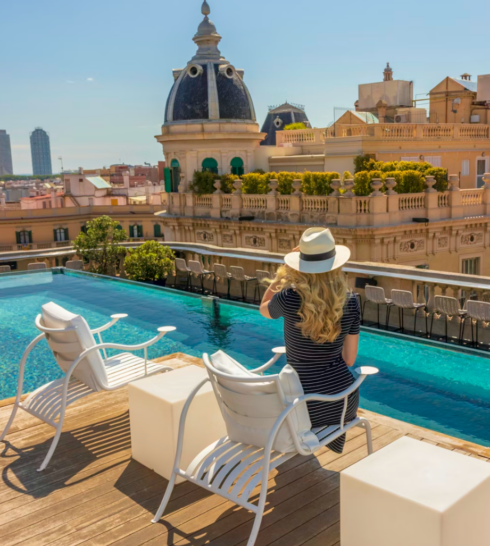WHEN it comes to nativity scenes, some of Spain’s look good enough to eat. In one case it is quite literally so.
The town of Rute in Cordoba is home to what is said to be the world’s largest edible nativity scene. This year a fantastic rendition of a Holy land scene has been created by seven skilled chocolatiers over six months, using nearly one-and-a-half tonnes of chocolate.
Up to 20,000 people are expected to turn up to see the huge ‘belen’ which is created each year at Galleros Artesanos cake and sweet factory.
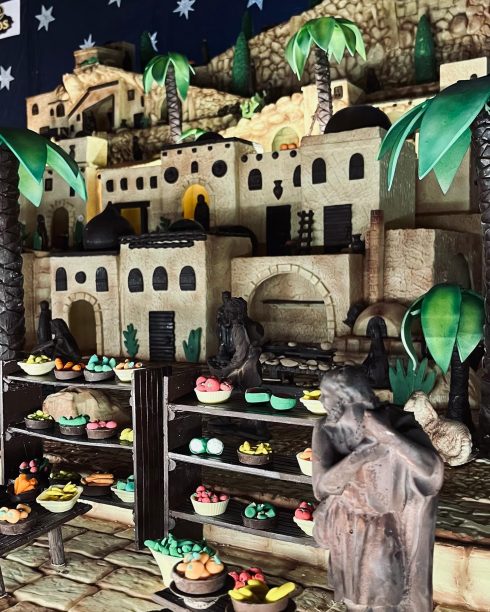
In previous years it has featured Malaga, Granada and Sevilla, but this year they have chosen a ‘Hebrew scene’ by popular demand.
There are also life-sized statues of the Spanish Royals and the Pope – all crafted from chocolate.
The love of belens – or nativity scenes – is a true trait of Christmas in Spain.
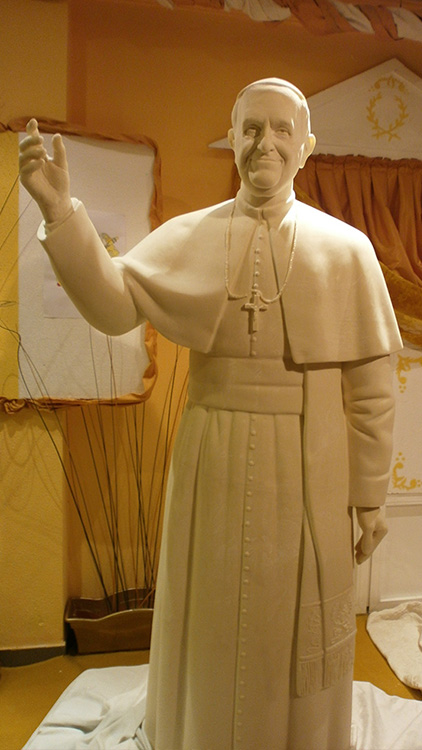
Around the whole country, most towns will have one set up somewhere prominent, while many businesses – and banks – also create them.
Some – like in Rute – are very impressive and can cover massive areas – in this case 60 sqm, drawing huge crowds.
It is one of many aspects of Christmas in Spain, different from the UK.
Over there, the season of goodwill is all about Christmas trees, Santa Claus, mince pies, crackers and mistletoe… things that have some Spaniards scratching their heads.
Christmas begins in the UK on the first day of December marking the beginning of ‘advent’, which for most children means an advent calendar – with chocolates inside.
The tradition actually dates back to 19th Century German Protestants where families made a chalk line for every day in December until Christmas Eve.
Before long, commercial entrepreneurs started replacing the chalk lines with printed calendars. And the most popular ones today come with chocolate.
But while advent calendars are now starting to seep into Spain they are anything but a regular fixture in Spnaish homes.
Nor, for that matter, are Christmas cards, which are routinely sent to family and friends in the UK wishing them the best for the festive season.
For the Spanish, Christmas is instead a very religious festival which begins on December 8 with the feast of the Immaculate Conception, although many believe it really only starts with the Christmas lottery, El Gordo – or the ‘fat one’ – on December 22.
The festivities run through to January 6 with Los Reyes, or Three Kings Day, when children find gifts left by the three kings. This last part is of course one of the main differences between the two countries, especially where the kids are concerned.
In England, Christmas Eve is a very exciting time for young children as it is when Father Christmas comes with his nine reindeer.
Mince pies and a glass of sherry or brandy are left out for Santa and children hang up their stockings and go to sleep, normally way before midnight.
Meanwhile in Spain, children think of the Three Wise Men as the gift bearers…And, they have to wait longer for their presents.
According to tradition, Los Reyes travel overnight on January 5, traditionally riding horses or camels. The Kings, much like Father Christmas, will leave presents for the children during the night, and parents encourage children to write to the Three Kings with their wishes.
In further celebration, every town and city in Spain will have a procession on the night of January 5 where sweets will be thrown from the passing floats.
Then on January 6 (Twelfth Night), a special cake – rosca de Reyes – is made and sold all over Spain.
The cake contains a hidden present and whoever is lucky enough to find one of the little gifts will be blessed with good luck all year.
After attending the Midnight service people will celebrate into the night
The main Christmas celebration in Spain however takes place on Christmas Eve known as Nochebuena or ‘the Good Night.’
Families will traditionally eat their main Christmas meal on Christmas Eve before attending Midnight Mass or ‘La Misa Del Gallo’ (The Mass of the Rooster).
After the midnight service, people will celebrate into the night hence the Spanish saying ‘Esta noche es Noche-Buena, y no es noche de dormir’ which means ‘Tonight is the good night and it is not meant for sleeping!’
A far cry from all the British children tucked up in bed dreaming of their presents.
Of course, in Britain the main celebration takes place the following day on December 25 when families gather to enjoy a traditional turkey dinner.
The dinner table is usually adorned with Christmas crackers generally containing paper crowns, small toys and terrible jokes, something which is not traditionally shared with our Spanish neighbours.
Another uniquely British tradition, started by George V in 1932, is the King’s (or for the past 70 years Queen’s) speech at 3pm, when the reigning monarch gives their message to the nation and the Commonwealth.
Generally this is followed by a film for all the family and the Great Escape invariably makes an appearance on either Christmas Day or Boxing Day, before the board games are brought out.
Of course no mention of Christmas is complete without talking about Christmas trees which are the main focus point of most British households and are increasingly popular in Spain.
Yet, despite the differences, there are also lots of things that the two countries share.
The Spanish may not have mince pies, mistletoe, or (traditionally) even Father Christmas but in both nations most will agree that the best thing about the holiday is spending time with your family (and the presents of course!).
There is a shared love of food and drink, Christmas lights and school nativity plays.
And we even sing the same carols to remind us of the true meaning of Christmas…
Noche de Paz (Silent Night)
Noche de paz, noche de amor,
Todo duerme en derredor.
Entre los astros que esparcen su luz
Bella anunciando al niñito Jesús
Brilla la estrella de paz
Brilla la estrella de paz.
Noche de paz, noche de amor,
Todo duerme en derredor
Sólo velan en la oscuridad
Los pastores que en el campo están;
Y la estrella de Belén
Y la estrella de Belén.
Noche de paz, noche de amor,
Todo duerme en derredor;
sobre el santo niño Jesús
Una estrella esparce su luz,
Brilla sobre el Rey
Brilla sobre el Rey.
Noche de paz, noche de amor,
Todo duerme en derredor
Fieles velando allí en Belén
Los pastores, la madre también.
Y la estrella de paz
Y la estrella de paz
Click here to read more Olive Press Travel News from The Olive Press.

